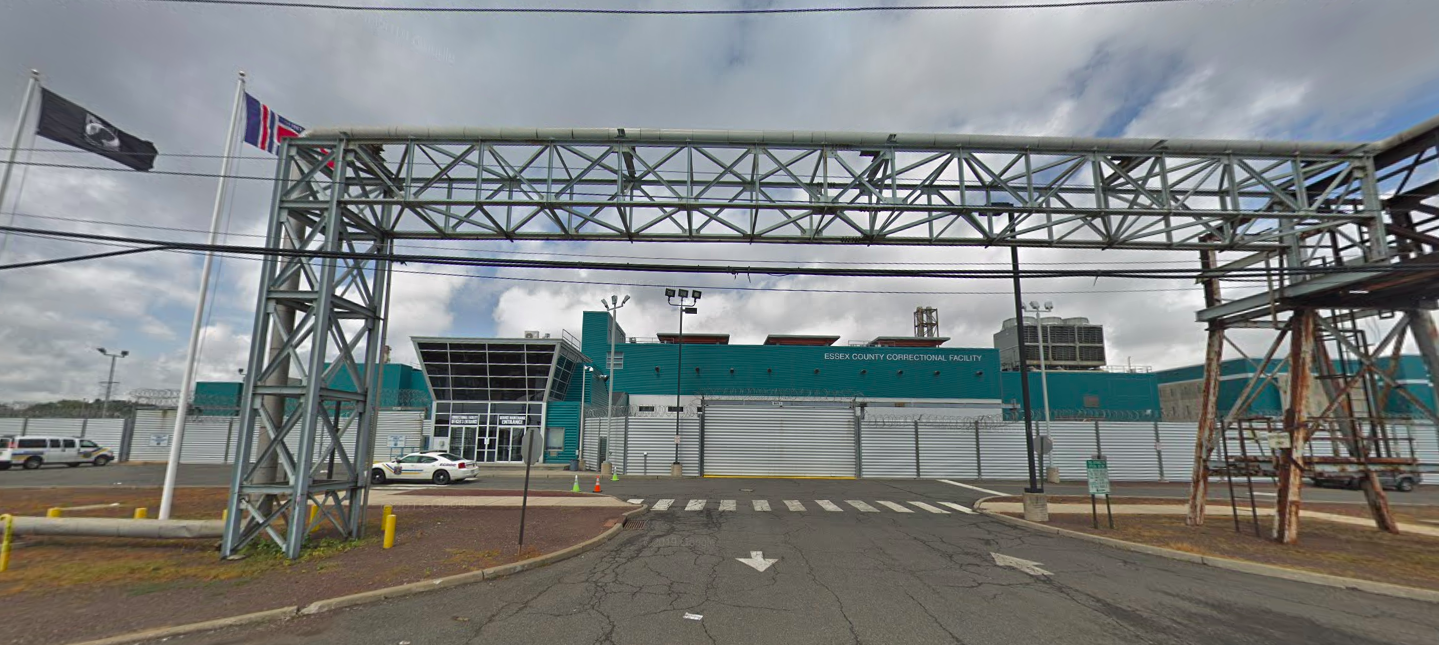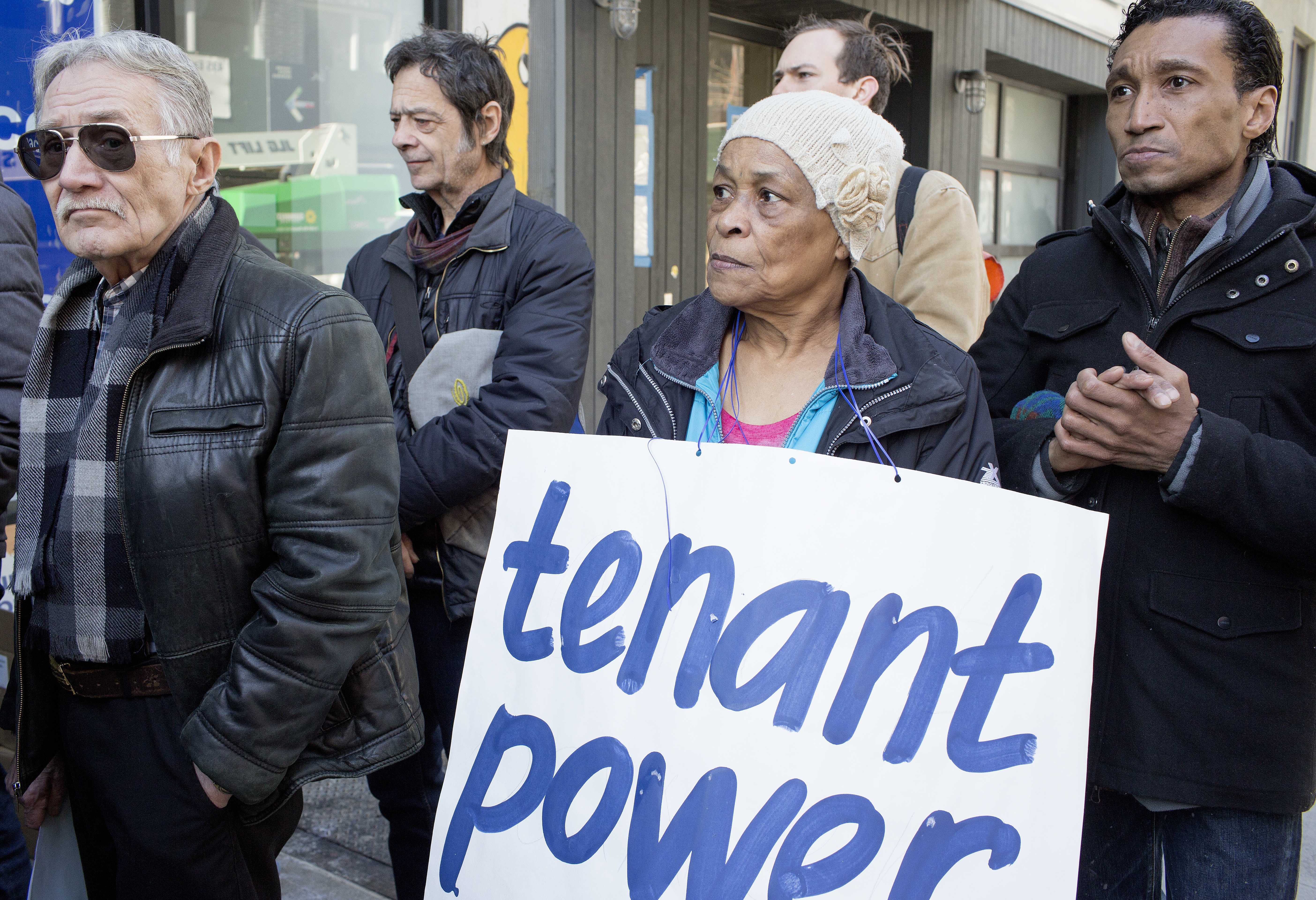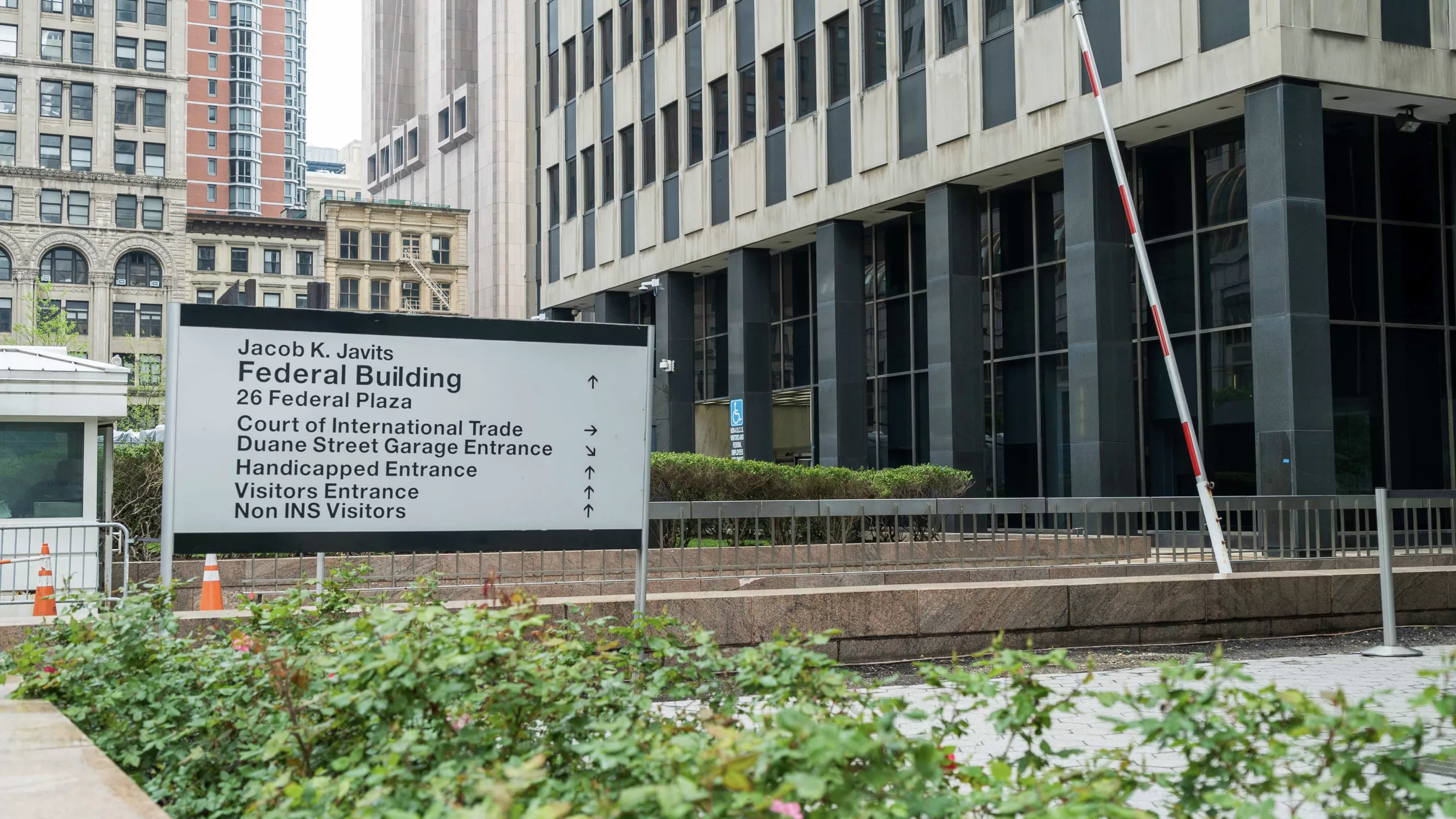For weeks, Lenyn Munoz-Paredes anguished about his possible impending transfer from U.S. Immigration and Customs Enforcement custody in New Jersey. He feared being sent to a detention center hundreds of miles away from his family, legal counsel and the state he had called home for more than two decades.
On Tuesday, his fears materialized as ICE pulled him from the Essex County Correctional Facility and sent him across the country while his attorney and family desperately tried to pin down his location.
First, he was transferred to a facility in Louisiana and then to Nevada, his attorney and family said.
“It’s anxious, it’s agonizing,” Munoz-Paredes said Monday in a brief telephone interview before he was transferred to Louisiana, “because you never know when they’re going to come in the middle of the night.”
Munoz-Paredes was among at least 30 detained immigrants in the Essex County Correctional Facility transported in the pre-dawn hours on Tuesday from Essex to various detention centers nationwide. They were separated from support systems in New Jersey, advocates said. These transfers come as county jails in Northern New Jersey have begun to distance themselves from detaining immigrants on behalf of ICE.
“I believe these transfers are a direct result of those positive changes,” said Alexander Holtzman, a visiting Associate Clinical Professor of Law at Hofstra Law, and the director of the Deportation Defense Clinic. The transfers have unfolded with little or no notice to attorneys or relatives of those detained, Holtzman said.
The transfers raise thorny questions that advocacy groups and immigration lawyers are grappling with, as some seek to end detention in the New York area without causing harm to detained immigrants.
It is still unclear where all of the individuals transferred on Tuesday from Essex ended up, advocates said. Some of their ultimate destinations may be in immigration lockups in Louisiana, Alabama, Nevada and possibly Massachusetts. Attorneys and activists have pushed for those facing transfer to be released, not sent to detention centers in other states.
Now, it seems that county efforts to remove ICE from local facilities may in turn be leading to an increase in transfers from Essex County. The facility shutting its doors to ICE does not necessarily have to lead to transfers, advocates argue. The agency currently monitors nearly 12,000 people in the Newark and New York area by telephone, GPS monitoring devices or a smartphone app.
This most recent transfer from Essex, said Emilio Dabul, a spokesperson for ICE in New Jersey, is “due to” the request from the Essex facility to “depopulate the remaining ICE detainees.”
About two weeks ago, there were 109 detained immigrants being held at Essex, ICE said at the time. Now, it’s unclear whether the remaining 76 detained immigrants in the facility will face the same fate as those already transferred.
Last week, a bill that would prohibit new, renewed and expanded ICE detention agreements in New Jersey passed the Senate floor and is now awaiting Gov. Phil Murphy’s signature to become law. Public pressure had mounted from advocates to introduce the legislation last fall, when ICE approached New Jersey and New York and issued a Request for Information looking for a facility that could hold about 900 beds for detained immigrants.
The transfer process not only complicates the legal workload, but can shut out detainees from their family and lawyers Holtzman said. This might raise the odds that they could lose their cases and certainly makes it harder for the detained immigrants to advocate for their rights, Holtzman said.
Tuesday’s transfer is the largest group of immigrants to be relocated in recent months away from the Essex facility at one time, advocates said.
The transfers could potentially be detrimental to immigrants’ cases, said Laura Rodriguez, an attorney from the American Friends Service Committee who is representing Munoz-Paredes. In his case, Munoz-Paredes, who is now 37, came to New Jersey from the Dominican Republic as a child, and is seeking asylum. He has been in detention since 2019. A statutory deadline is coming up that requires rigorous preparation between him and his attorneys, Rodriguez said.
But Rodriguez is unsure if she will even be able to communicate with Munoz-Paredes in time — and if he will be able to share personal and traumatic experiences central to his case.
“We have a very limited amount of time that’s fixed by law that we can file this very important motion,” she said. “That will be eaten up by this transfer, that will be eaten up by the learning curve, that will be eaten up by just figuring things out.”
Rodriguez was preparing for the possibility that Muñoz-Paredes might be moved, but she did not get a notice from ICE that he had been transferred until Tuesday afternoon.
On Wednesday, the ACLU announced that it was suing the Biden administration in a bid to block long distance transfers of detained immigrants from Essex County to other facilities across the country. The groups who brought the lawsuit, including the national ACLU, the ACLU of New Jersey and the National Immigration Project, are acting on behalf of individuals detained at Essex who are facing transfers, they said.
The situation has been distressing for the Munoz-Paredes’ family, and for many other loved ones of detained immigrants who have to cope with the abrupt and sudden transfers. At Essex, in-person visits banned during the pandemic had resumed with precautions, and family members and legal counsel could go inside the facility. Munoz-Paredes’s wife, Erica Acosta, last saw her husband in person just two weeks ago.
Normally, Munoz-Paredes would call her around lunchtime. But on Tuesday, her phone stayed silent. “You get this knot in your stomach,” she said. “No call, still nothing. I go home, still nothing.”
On Tuesday evening, her phone finally rang. On the line was another inmate at Essex, letting her know that Muñoz-Paredes had been transferred. “At this point I start crying because I’m like, ‘Oh my God, where is he?’” she said. It was the longest they had gone without speaking.
Now, Acosta is struggling to keep up with working as a single mother, and taking care of the couple’s five-year-old daughter, on top of the uncertainty of not knowing how her husband was doing during the transfer process or how to contact him. “I put a poker face on,” she said. “On the drive home, I cry. Because I don’t want to cry in front of my daughter.”
The afternoon before he was transferred, Munoz-Paredes said in an interview that his biggest worry was how his wife would continue to fare without him—especially if he is transferred again to an even more distant facility.
On Thursday evening, Acosta finally heard from her husband again after an excruciating wait — he had arrived in Nevada.
“My wife must be worried,” Munoz-Paredes had said on Monday. “It’s just too much, she’s been taking care of our daughter alone.”
“I’m hoping and praying to God I can go home, so I can get back to life to take care of my daughter and help my wife,” he added. “I want to stay close to home.”















